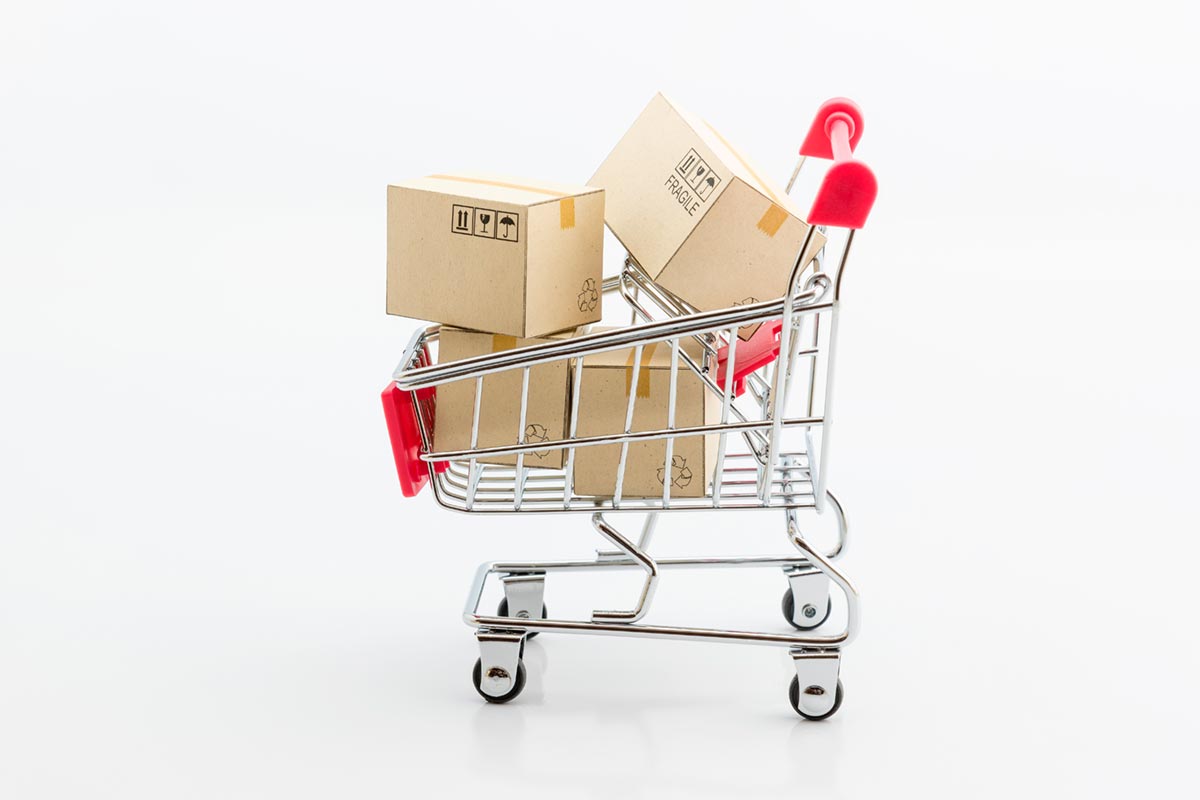Marketplaces are here to serve you

Marketplaces are here to serve you
Changes in consumer behavior are driving the change in marketplaces. New players will solve narrower user needs, but far more conveniently and smoothly than before. All based on machine learning and data.
Rapid growth in new marketplace models such as Farfetch, Rebagg, Glovo, and Frontier Car Group are great examples of this quick change. These models demonstrate how convenience and flexibility are shaping our attitudes towards spending and how easy it is to switch to a new player in today’s competitive landscape. New marketplaces are moving away from owning unique supplies of goods and content. Instead, by using machine learning and data, they can easily find what we need in a specific niche, where it is available for immediate shipping. This will happen whether we’re looking for a car, for real estate, jobs, home appliances, education or any other segment. This is why there is a verticalization of marketplaces. High relevance is the new black in the market. Medwing is a great example of this in the health area, as is Zenjob for job search, helping students get jobs.
Immersive marketplaces
Usually this kind of approach means higher risk, since it involves handling transactions and logistics, getting temporary workers on the payroll, financing the deal, providing warehousing and relocation services. But the aim is to remove unnecessary friction and barriers to make good deals happen. These new marketplaces do not only sell leads and visibility anymore, they help users to transact and fulfill their needs end-to-end. As an example, a student using the Zenjob app can work whenever it’s convenient between exams, classes and on holidays without the hassle of applying for a job at Zara or H&M. These new models are still at an emerging stage but major VC funds and investors are betting billions to make them dominant in major markets in Europe.
We used to think that you need to build a strong brand to become a destination for certain needs. This still applies, but there is no room for many apps in people’s phone habits anymore. Therefore, we can also see new immersive marketplace models popping up inside mobile apps where we engage on a daily basis. Tomorrow’s winners use machine learning to identify and match patterns in our behavior, learn our purchase intents from P2P communication and integrate themselves seamlessly into communications platforms we engage with every day. We have already seen social network based marketplaces, such as Threads, without a destination site, just living in Messenger apps, and popping up at a relevant moment. I bet these models will appear in social channels like Slack in the coming quarters.
A new era for cars
Car manufacturers are already testing out sharing services based on flexible subscriptions to access a car you need, making it clear that the era of electrical cars will be quite different from the combustion engine cars we know today. There are also new kinds of aggregation services launched for micro-mobility, using bicycles and e-scooters. Behind this is the fact that more than half of our car rides tend to be less than five kilometres. The era of new network based transportation marketplaces has started giving us easy ways to access a vehicle. Mobility companies like Tier, Bipi, Drover and Cluno are great examples in Europe, similar to their US based peers like Uber, Lime and Fair.
The tech needs to mature
The boom of blockchain and cryptocurrencies motivated many teams to discuss how the trust in marketplaces could be solved in a new way. Companies like Listia, Openbazaar and Origami Network have been leading the way and protocols such as INK have collected capital to develop the technology. However, as always the new technology needs to mature and become more scalable to win over older models. But in three to five years time, the development around blockchain will probably pass the threshold of convenience, speed and scalability, making it a viable technology for decentralized marketplaces for mass markets. The underlying blockchain based models will help build highly scalable marketplaces and solve how we transact across different transaction cultures, taxation models and payment structures. It is yet to be seen which protocol will win, but it is evident that the benefits of a fully transparent and trackable marketplace are there.